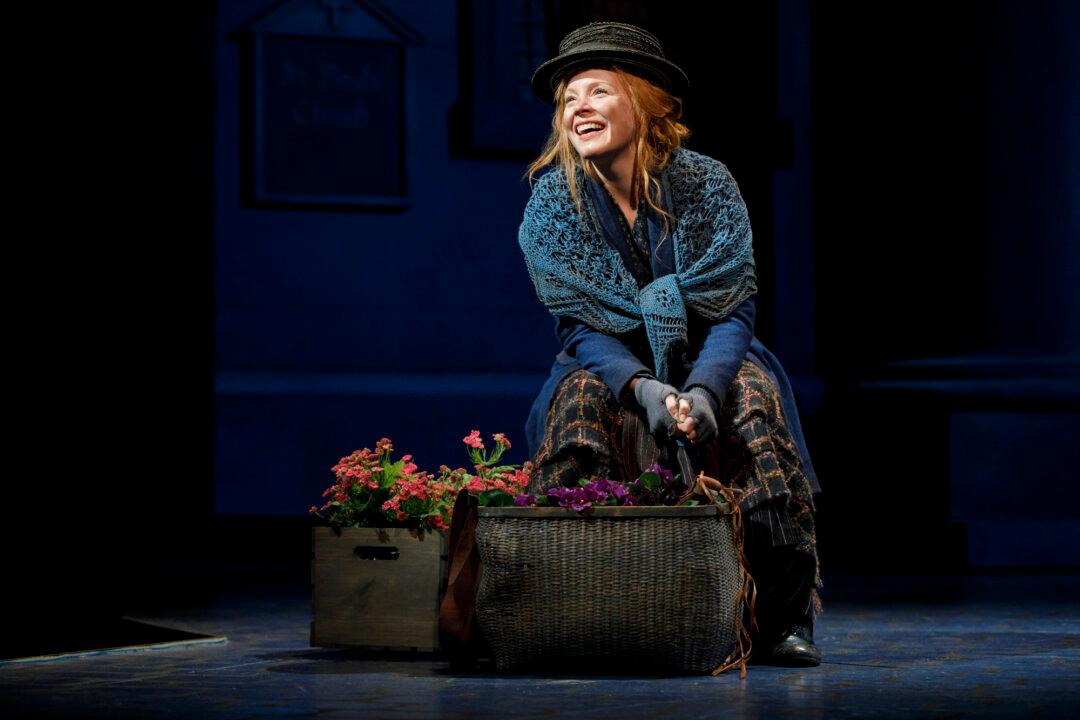NEW YORK—“Loverly” through and through, the Broadway revival of the 1956 musical “My Fair Lady” shows itself to be a good fit for the 21st century. Special credit must go to director Bartlett Sher for allowing the underlying messages of the musical to shine through in this new production.
With book and lyrics by Alan Jay Lerner and music by Frederick Loewe, the work is based on the George Bernard Shaw play “Pygmalion” and subsequent film by Gabriel Pascal.





